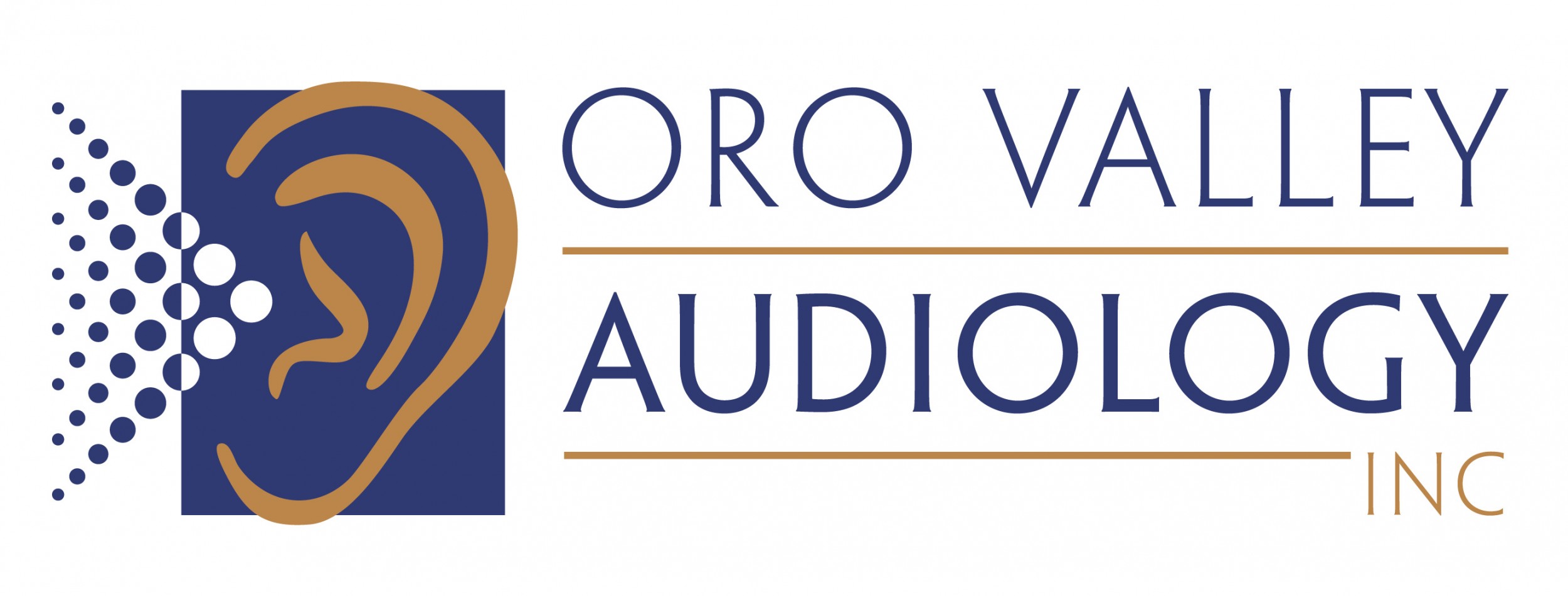June is Alzheimer’s and Brain Awareness Month. Most people are looking for ways to live longer, healthier, quality-filled lives. We know we can achieve this in part by eating a variety of fresh and non-processed foods, exercising, and keeping our brains active. While there are genetic roadmaps that many of us will not be able to sidestep, there are still many things we can do to stack healthy years on the back end!
Of the things we can control, treating hearing loss is one of the top items. If we do not hear things correctly, how is the brain able to process the information accurately?
There can be times when a hearing loss mimics cognitive issues, and we now have research to show that people with untreated hearing loss are more likely to develop dementia and other memory challenges.
In a study by Johns Hopkins that tracked 639 adults for nearly 12 years, research showed that moderate hearing loss increased the likelihood of dementia by a factor of 5.
Many people want to wait to get help until they “really have a problem.” I have seen this routinely in my 28 years as an audiologist.
One benefit of being fit earlier in hearing loss progression is a younger brain, which doesn’t need as complex technology to help it process information. I have found that simpler (and less costly) types of technology can be used with mild to moderate hearing losses if the person has had hearing loss for less than 5 years.
If an individual waits until the hearing loss has been present for 20 or more years, auditory pathways are completely lost and relearning how to deal with sound along with poorer cognitive functioning is much more difficult. In these cases, more advanced technology is necessary.
There are also studies that show treating hearing loss increases individuals earning power, life expectancy, and leads to less depression.
There are many choices when it comes to hearing health. We want to journey with you through all the future changes in health and medications that affect hearing.
We will find accessories that help (with and without hearing aids) to make life easier and more accessible. Checking your hearing every few years is a must after the age of 50, and checking every year if you have a health condition such as diabetes, hypertension, kidney disease, and more is critical.
Do your future self a favor and treat your hearing loss early. Your brain will thank you for it.
Please contact us at 520-825-4770 for an appointment for your hearing evaluation, hearing instrument consolation, or repairing/programming your current devices!


